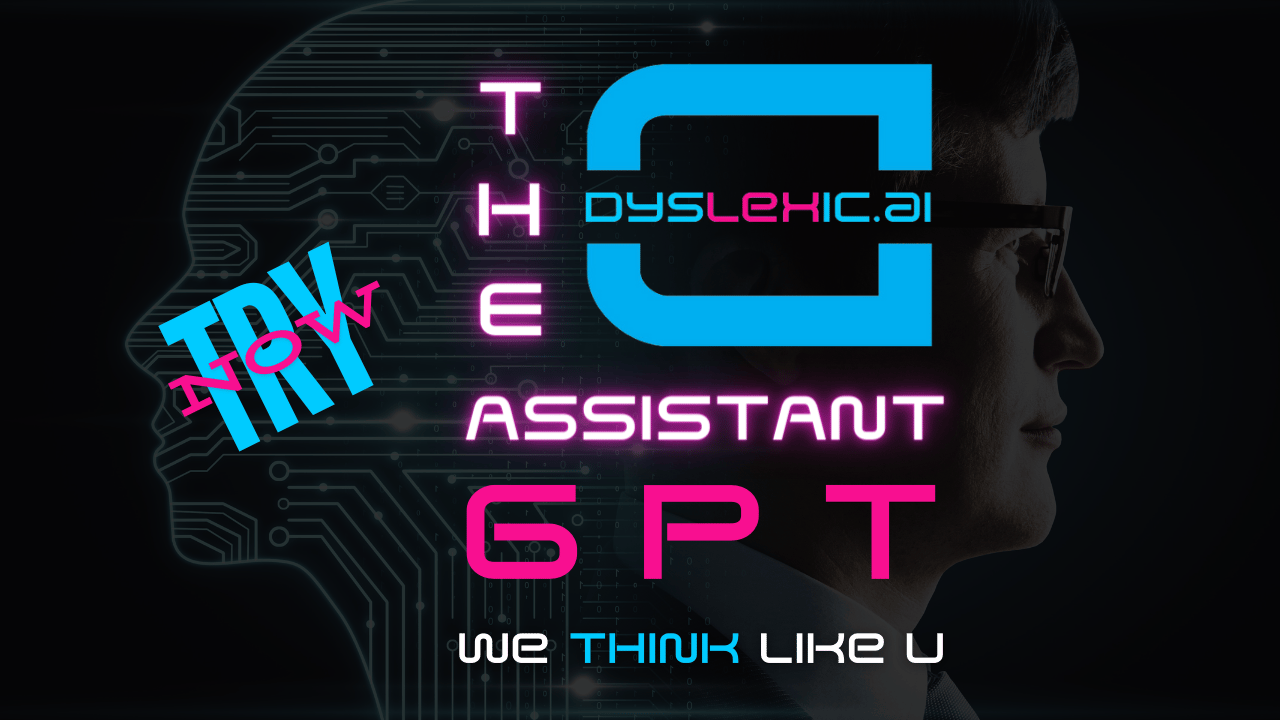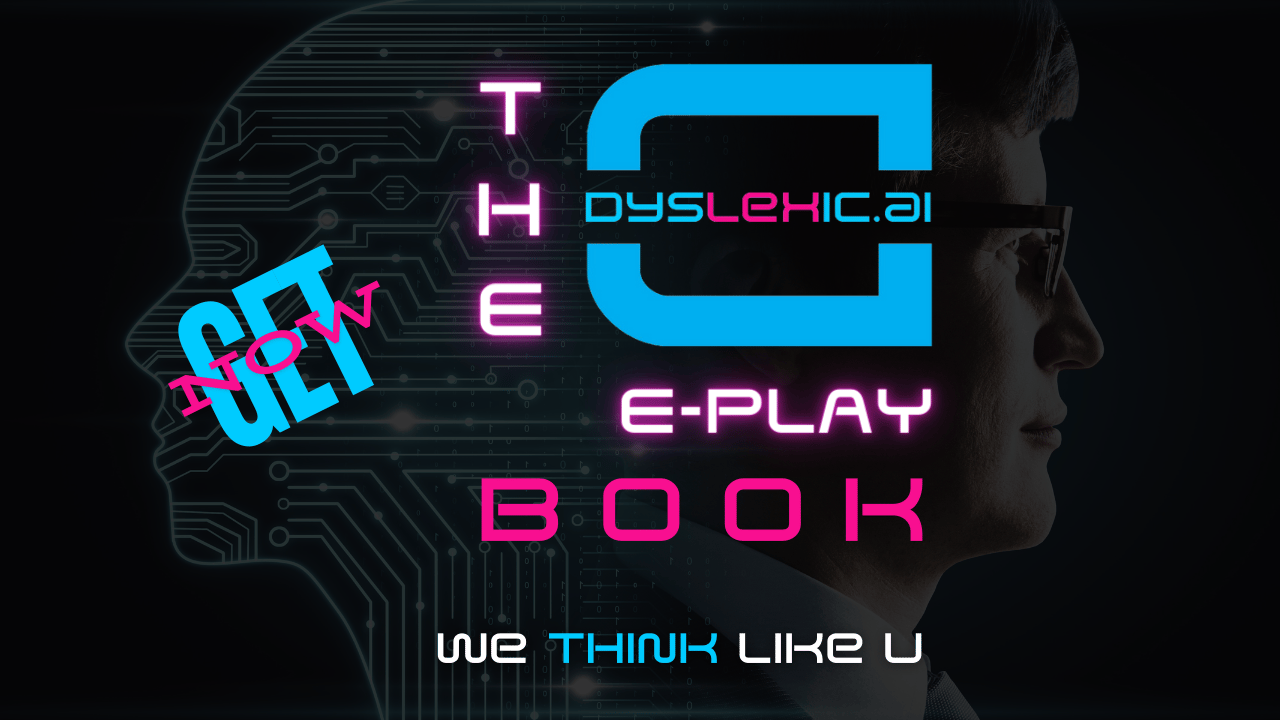- DYSLEXIC AI
- Posts
- Newsletter 306: The Creative Revolution
Newsletter 306: The Creative Revolution
🧠 When AI Becomes Your Thinking Partner, Not Your Replacement

What You'll Learn Today
In this conversation about AI, creativity, and authentic learning:
Why I've stopped worrying about AI making us dumber and started getting excited about it making us more creative
The conversations I've been having with educators who are quietly revolutionizing how learning actually works
How traditional credentials are losing meaning while demonstrated capability gains power
My thoughts on why neurodivergent minds are perfectly positioned for the AI collaboration era
The shift from "using AI tools" to developing genuine cognitive partnerships
Why the fear-based narrative around AI in education misses the real transformation happening
Reading Time: 12-15 minutes | Listening Time: 10-12 minutes if read aloud
The Conversation That Changed My Perspective
I've been having a lot of conversations lately with people who are afraid AI is making us lazier, less intelligent, more dependent on technology.
But here's what I keep noticing in my own work: AI isn't making me think less. It's making me think differently. And for a dyslexic mind that's always had to find creative workarounds, that difference feels like liberation.
When I write these newsletters, I don't start with a perfect outline and flawless prose. I start with scattered thoughts, voice memos recorded while walking, fragments of ideas that only make sense to me. My brain doesn't work in the neat, linear way that traditional writing demands.
AI doesn't write for me. It helps me organize the chaos in my head so I can think more clearly about what I actually want to say.
What I've Learned from Actually Using AI as a Thinking Partner
I've spent the last two years experimenting with AI not as a tool, but as a cognitive partner. Here's what I've discovered:
AI doesn't replace my creativity—it amplifies it. When I'm stuck on a concept for the newsletter, I don't ask AI to write it for me. I talk through my half-formed ideas, and AI helps me see connections I might have missed. It's like having a conversation with someone who never gets impatient with my nonlinear thinking.
My learning process has completely transformed. Instead of struggling through dense academic papers that trigger my dyslexic overwhelm, I can have AI break complex concepts into digestible pieces. Then I can engage with the original sources from a position of understanding rather than confusion.
The organization barrier is gone. You know how neurodivergent minds generate brilliant insights but struggle with the logistics of organizing them? AI bridges that gap. My scattered thoughts become coherent arguments. My random voice memos become structured articles.
I'm thinking at a higher level. When I don't have to spend mental energy on formatting, organizing, and editing, I can focus on the actual thinking—the pattern recognition, the creative connections, the big-picture synthesis that my brain is actually good at.
The Conversations I'm Having with Educators
I've been talking to teachers and administrators who are quietly experimenting with AI in their classrooms. Not the ones making headlines with bans and restrictions, but the ones actually trying to figure out how this technology can serve learning.
Here's what they're telling me:
"My dyslexic students are finally participating in class discussions because they can use AI to help organize their thoughts before sharing."
"I have a kid with ADHD who could never focus long enough to complete written assignments. Now he talks his ideas through with AI, gets them organized, and produces work that actually reflects his intelligence."
"The students who learn differently aren't asking for accommodations anymore. They're just learning."
These educators aren't replacing teaching with technology. They're using AI to remove the barriers that have always prevented some minds from showing what they're capable of.
Why Traditional Education Feels Broken
I keep having conversations with parents and students who are frustrated with traditional education. The same themes come up over and over:
One-size-fits-all doesn't fit anyone. Thirty kids in a classroom, all expected to learn the same material at the same pace in the same way. But neurodivergent kids aren't the only ones struggling—it's not working for most students.
We're teaching compliance, not thinking. Sit still, follow instructions, give the expected answer. But the world needs people who can think creatively, adapt quickly, and solve problems that don't have predetermined solutions.
The credential matters more than the learning. Students spend years optimizing for grades and test scores rather than actually understanding concepts or developing capabilities.
There's no room for different minds. If you don't think linearly, process information in standard ways, or express knowledge through traditional formats, you're labeled as having a "learning disability."
The result? We're graduating students who can perform well on tests but struggle with real-world problem-solving, creativity, and adaptation.
What I'm Seeing in Alternative Learning Environments
I've been visiting micro schools, learning pods, and homeschool cooperatives. The difference is striking. Without the constraints of industrial education, something interesting happens.
Kids learn at their own pace. A 10-year-old might be doing high school level work in math while working on elementary reading skills. Nobody calls this a "learning disability"—it's just how that particular mind develops.
AI becomes a natural learning partner. I watched a kid with autism use AI to help structure his thoughts about a history project. Not cheating—collaborating. The AI helped him organize his deep knowledge about medieval warfare into a presentation format his classmates could follow.
Neurodivergent kids aren't the exception anymore—they're just kids with different learning patterns. When the environment adapts to different minds instead of forcing conformity, everyone learns better.
The College Degree Problem I Keep Hearing About
I'm having more conversations with people who are questioning whether traditional college degrees are worth the time and expense.
A friend's daughter is 16 and already building mobile apps. She's learning from online courses, industry mentors, and AI collaboration. Her portfolio demonstrates actual capabilities. What would four years of computer science lectures add to that?
Another conversation: a marketing professional who pivoted careers at 35. Instead of going back for an MBA, she spent six months building a portfolio of real client work, learning from AI partnerships and industry practitioners. She landed a better job than most MBA graduates.
The pattern I'm noticing: demonstrated capability is becoming more valuable than credentials. Portfolios matter more than transcripts. What you can do matters more than where you went to school.
What AI Fluency Actually Means
I've been thinking about what it means to be "AI fluent" rather than just "AI literate."
AI literacy is understanding what AI is and how it works. AI fluency is developing the skill to think with AI as a cognitive partner.
This requires:
Knowing how to frame problems for AI collaboration
Understanding when to trust AI analysis and when to rely on human judgment
Learning to evaluate and refine AI-generated insights
Maintaining your own agency while leveraging AI capabilities
Building the ability to translate between human creativity and AI processing
The people developing these skills—often neurodivergent minds who've always had to find creative workarounds—have advantages that traditional education never anticipated.
My Thoughts on the Hiring Revolution I'm Witnessing
I've been talking to hiring managers and business owners who are quietly changing how they evaluate candidates. The shift is subtle but significant.
One conversation stands out: a tech startup founder told me, "I stopped caring about degrees when I realized my best performers were self-taught developers who could demonstrate actual problem-solving abilities."
Another hiring manager mentioned that they're starting to look for evidence of AI collaboration skills: "Can this person think with AI as a partner, or do they need AI to think for them? There's a huge difference."
I'm seeing two types of organizations emerge:
Organizations embracing AI partnership: They're actively recruiting people who can demonstrate AI collaboration abilities. They want candidates who can think creatively with AI, not just use AI tools.
Organizations still focused on traditional credentials: They're evaluating candidates based on degrees and conventional qualifications while their AI-fluent competitors pull ahead.
The gap between these approaches is growing fast.
What This Means for Neurodivergent Minds
This transformation creates unprecedented opportunities for neurodivergent thinkers.
We've always had to develop creative problem-solving strategies. We've learned to find workarounds when standard approaches don't work. We understand what it means to think differently and adapt systems to our needs.
These aren't deficits anymore—they're exactly the skills needed for effective AI collaboration.
While neurotypical thinkers learn to adapt to AI systems, we already understand adaptation as a creative process. While others struggle with AI that doesn't work exactly like human thinking, we're comfortable with cognitive diversity.
The future doesn't belong to people who think like machines. It belongs to people who can think creatively with machines. And neurodivergent minds have been developing that skill set our entire lives.
The Questions I'm Asking Myself
As I write this newsletter and work with the Dyslexic AI community, I keep coming back to these questions:
What happens when creativity becomes more valuable than conformity?
What happens when the ability to think differently becomes an advantage rather than a challenge?
What happens when technology finally adapts to human cognitive diversity instead of demanding uniformity?
What happens when neurodivergent minds stop being seen as broken versions of "normal" and start being recognized as essential partners in human-AI collaboration?
I don't have all the answers, but I'm excited about where this conversation is heading.
Where This Leaves Us
The narrative around AI and education is shifting. Instead of asking whether AI makes us lazier or less intelligent, we're starting to ask better questions:
How can AI help us think more creatively? How can AI partnership amplify our cognitive strengths? How can we maintain human agency while leveraging AI capabilities? How do we prepare minds for collaboration rather than competition with AI?
For the Dyslexic AI community, these aren't abstract questions. They're practical challenges we're already solving through experimentation, conversation, and creative problem-solving.
The future isn't about humans versus AI. It's about humans with AI, thinking together in ways neither could achieve alone.
And neurodivergent minds aren't just adapting to that future—we're helping design it
Have a Great Day!
I'm still figuring this out right alongside you. Every week I experiment with new ways AI can serve different minds, and every week I learn something that challenges what I thought I knew.
The beauty of this community is that we're all pioneers. Nobody has the definitive answers yet about how human-AI cognitive partnership will evolve. We're building the blueprints together through experimentation, honest conversation, and sharing what actually works versus what just sounds good in theory.
If you're experimenting with AI personalities or discovering your own cognitive partnership strategies, I want to hear about it. Your experiences help shape how I think about these concepts and what I explore in future newsletters.
Keep thinking differently. The world is finally starting to recognize that different minds aren't problems to solve, they're perspectives that see solutions others miss.
— Matt Ivey, Founder · LM Lab AI

TL;DR - Too Long; Didn't Read For Fellow Skimmers: The Essential Points
🧠 The Shift: AI isn't making us dumber—it's amplifying creativity and removing barriers that have always limited neurodivergent thinking
🤝 The Partnership: Real AI fluency means learning to think WITH AI, not just using AI tools—and neurodivergent minds are naturally positioned for this
🎓 The Education Revolution: Traditional credentials matter less than demonstrated capability, creating opportunities for alternative learning paths
💼 The Career Advantage: Organizations are starting to value AI collaboration skills over conventional qualifications, favoring minds that think differently
🚀 The Neurodivergent Opportunity: Our experience with cognitive adaptation positions us as leaders in the human-AI collaboration era, not just beneficiaries
Next: How the personalities revolution in AI creates unprecedented opportunities for cognitive partnership
|
|
|






Reply